How To Be A Digital Nomad & Make Money On The Road
A digital nomad is someone who is location independent and uses technology to earn an income. The word ‘nomad’ is getting chucked around like it’s some kind of fashion statement lately, and that’s due to its ever growing population and the increase of jobs allowing their employees to work remotely.
Are you looking to become a digital nomad, do you want to learn how to earn a nice revenue stream online, and most of all do you want to work where and when you please? If yes, then you’ve came to the right place, Van Clan is all about being a digital nomad on the road, so welcome!
I personally have been a digital nomad for over a year while travelling around Australia, New Zealand, Bali and parts of Europe. Currently I am now stationery, I find this easier when trying to build projects of mine but my experience and line of work allows me to travel and earn money simultaneously. So this information is coming from someone who’s done it themselves, and not necessarily with a lot of income, but just enough to get by and do the things I wanted with enough free time to create a perfect work/life balance.
Editor’s Note: Your interests may be different, so do take this into consideration when reading this article!
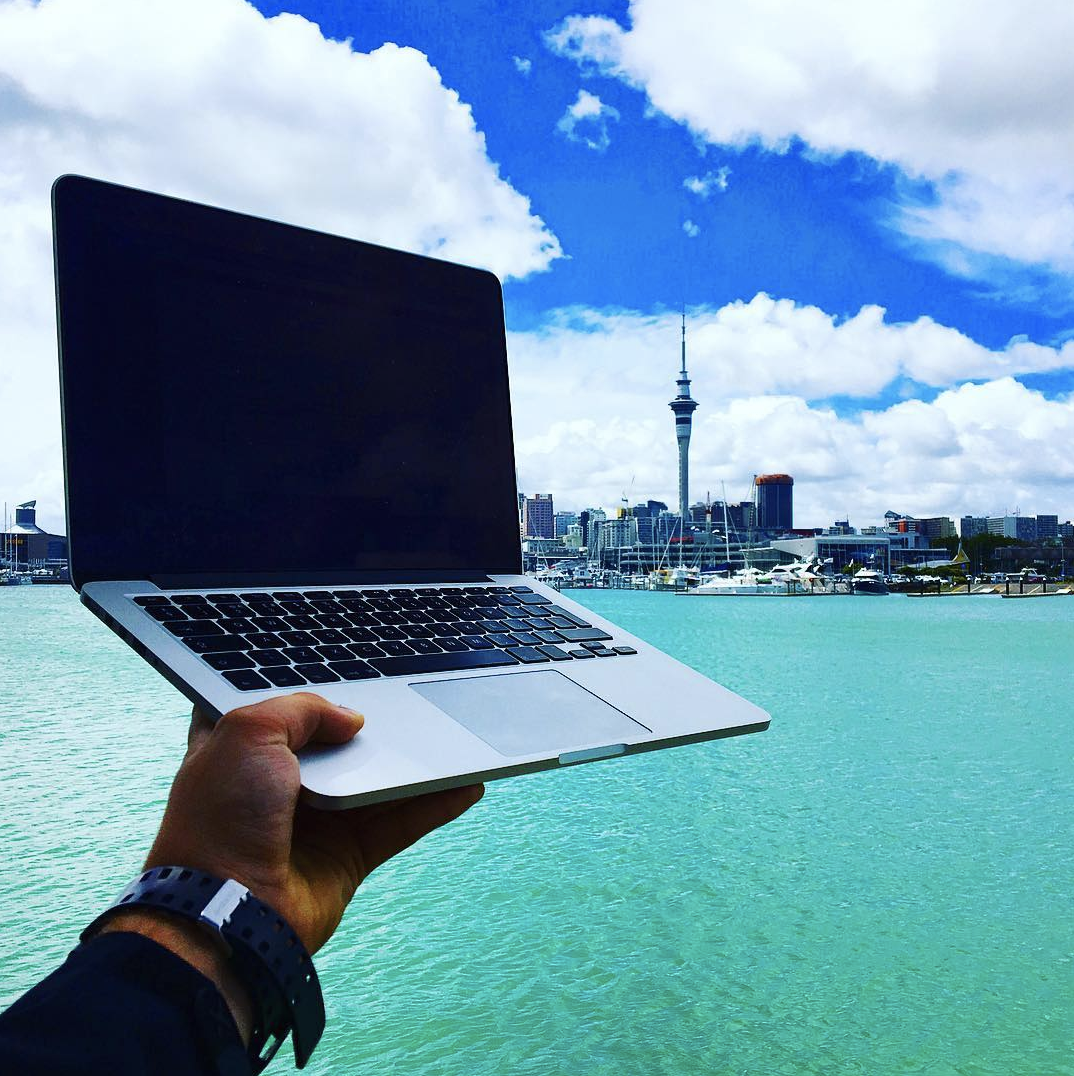
Pre-road trip.
Now, if you are already working somewhere and are planning to hit the road, try and use your current contacts to your advantage. Ask them before you leave if they have any freelance work available, or anything that they need a hand with that can be done remotely, you’ll be surprised how many employers are actually happy to help! If they have no work available, just email them every few months asking for work and you may get lucky with a project or two.
So first things first, choose your line of work wisely. What do you want to do on the road? Social media? Video editing? Graphics design? Produce e-books? Sell merchandise? What can you do on the road? Do you have the gear needed to do so? All of this needs time and potentially money invested into, there’s no use going on the road with nothing but a smartphone to write out that article you’ve been commissioned to produce!
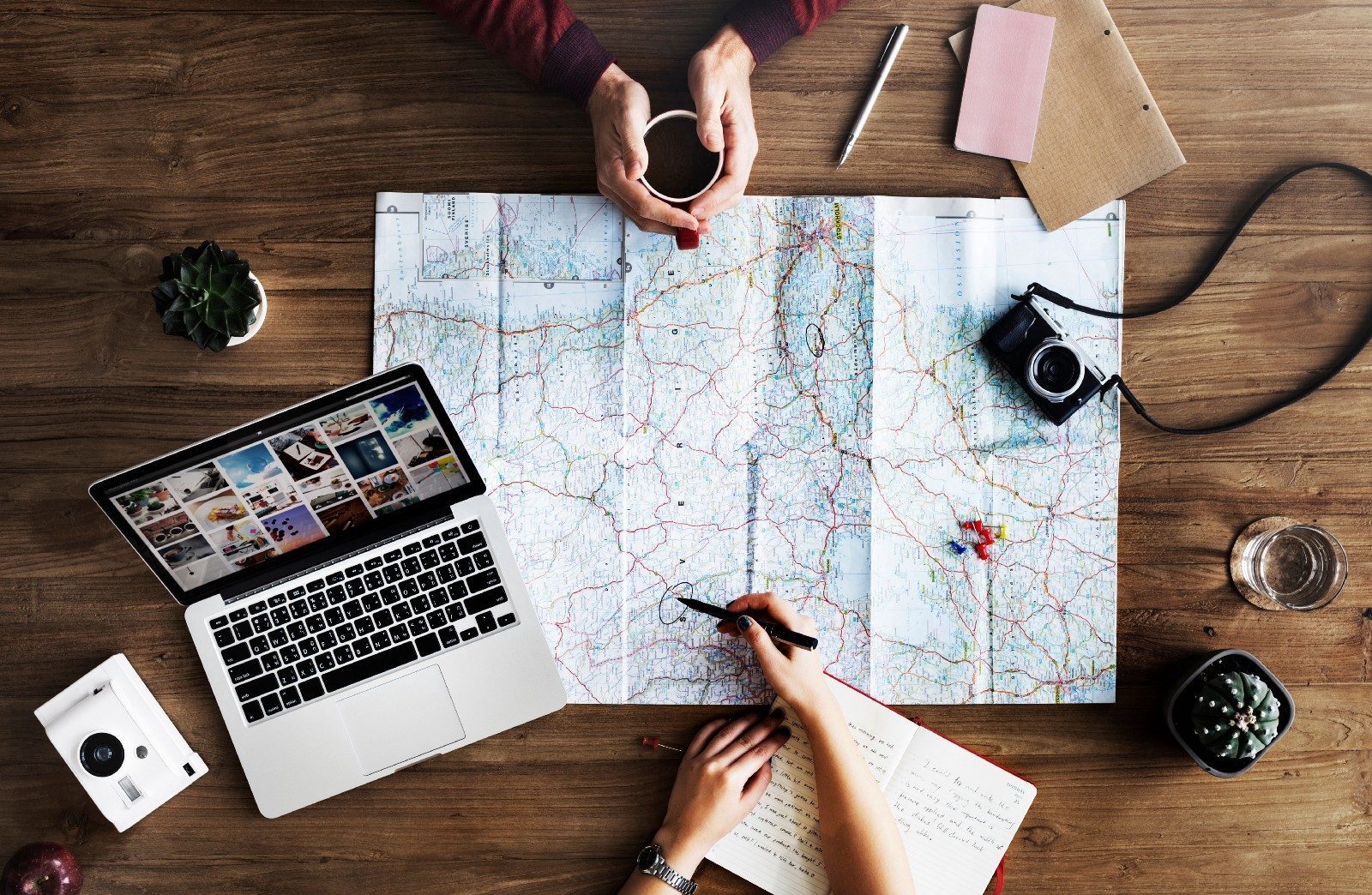
Once you have your equipment and plans of work in place then you can start trying to find work. So there’s two routes you can choose, you can build your own business, for example a blog, a YouTube channel, merchandise etc. Or you can choose to be paid to build someone else’s business, such as freelancing.
You may be willing to spend more time on your own business than you would freelance work, but I personally think doing a bit of both is the best way to go if you’re starting out, after all, the dream is to work for yourself on the road, right?
I personally made money on the road by video editing for publishing agencies, while creating travel videos for my own personal YouTube channel. This allowed me to have a reliable income from the agencies, but also pursue a personal goal of mine on the side which just so happened to earn some nice pocket money.
I managed to cold email a dozen publishing agencies before setting off on my travels, I sent them previous work, and I also sent them a video each custom made for their social media pages, which showed off what I could do, and it offered them a chance to see how they would perform if they were to pay me for work.
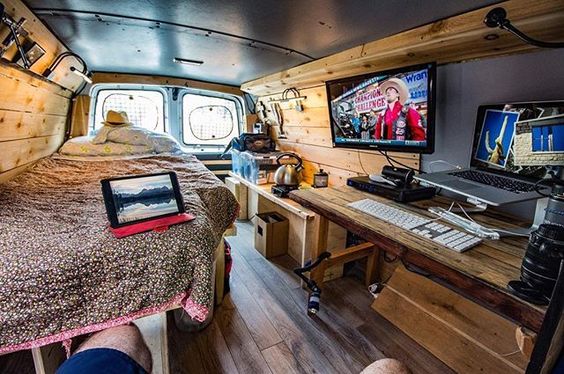
Sometimes it’s worth doing some work for your desired workplace for free in order to get your foot in the door and stand out from the crowd. It has worked a number of times for me and it’s something I plan to do often in the future. I have also had luck on sites such as LinkedIn, Freelancer and Fiverr, these are just a small number of sites that allow you to find work and sell your services.
Recently we even freelanced as graphics designers from Twitter who tweeted us about designing us some new pins, she has done a cracking job and Van Clan will most certainly be going back to her with more work when we need it. Cold emailing, and cold “DM’ing” does work, so don’t be afraid do spend a whole day messaging and tweeting people asking if they need work, this day and age you have to be aggressive and constantly ahead of your competitors, put simply, hustle your ass off or someone else will literally take the food from your plate.
Choosing Your Home on Wheels
The van life isn’t easy especially if you choose an unreliable vehicle that comes with an uncountable number of problems. This is no a brainer, but when viewing or choosing your next campervan make sure you pick wisely, double check the engine, take a peak underneath but most of all make sure it fits your line of work.
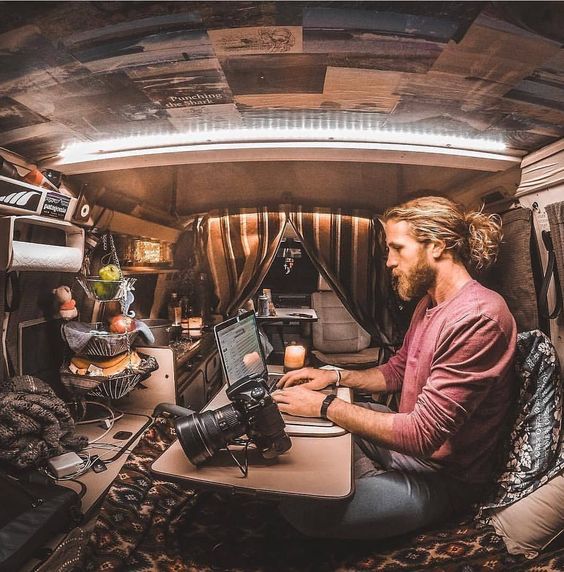
- Credit: @greg.mills
What I mean by this is, if you plan to do a lot of desk work, have a dedicated “office” in your camper, a place where you can pull out a desk, sit for countless hours and a place to truly hustle. Or if you are a photographer/filmmaker have enough storage space for your equipment, are you a mountain bike blogger? Then space for a bike or two on the back will be needed. Plan the purchase of your camper based on how liveable it is and how you can do what do, comfortably.
Have an idea? Then you’ll need the gear.
So you have the type of work you are willing to do sorted, but what will you need? This all depends on what you are doing obviously, but my bet is that you’ll need a laptop, so try looking at something with good battery life as you never know when your next campground hook up will be. I advise going for at least a 13″ laptop, this should have enough mah to last you over a whole day of work.
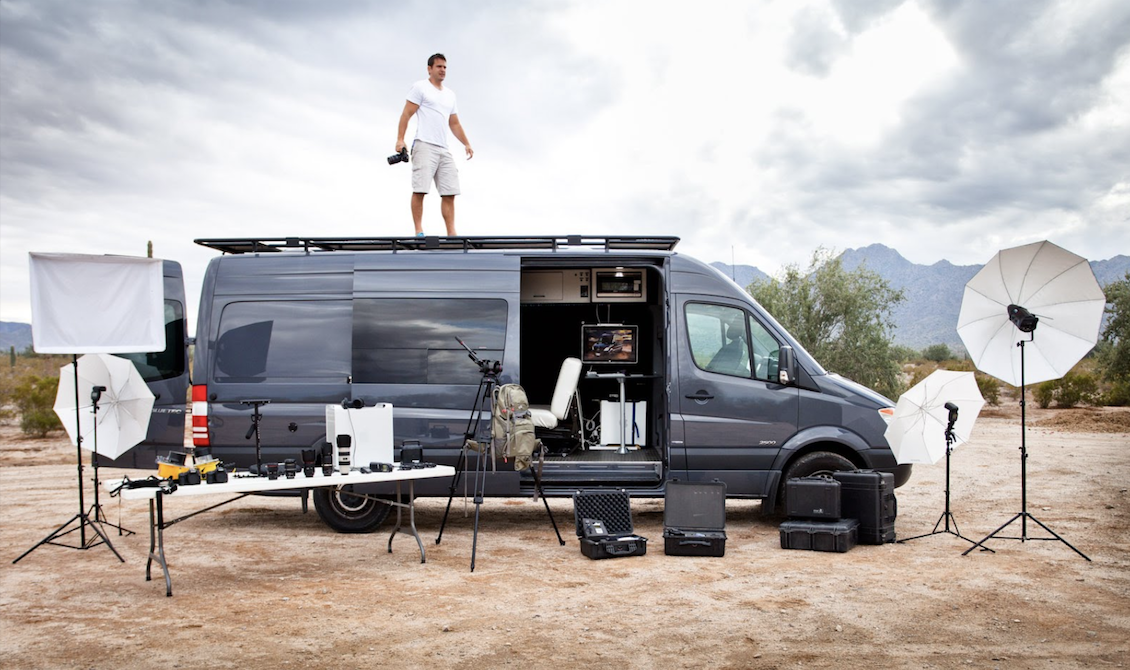
- Credit: Daniel Woods
Once you’ve got your laptop then take a look at all of the other equipment that you’ll need, software, external batteries, your solar panels, portable hard drives and even small things like cloud storage such as dropbox, all of this will come in handy, trust me.
For me, I am a video editor/producer so below is a list of the equipment I use, you may not need any of this, but it gives you an idea on what is possible and used by someone who is constantly creating content for himself and other businesses on the go:
- 15″ Macbook Pro
- Panasonic Lumix G7 4K Camera
- 2x Seagate 1TB Hard Drives
- x6 64GB SD Cards
- External Portable Battery
- Sony MDR1A Headphones
- Camera Tripod
- Rode Video Mic
- Snowball USB Microphone
- Three Unlimited Data Plan (Internet around UK, Europe + others)
This may be overkill for many of you, but this equipment here allows me to do my work efficiently, and of a standard that myself and the clients are happy with. For bloggers/writers, you will only need a fraction of this, photographers, maybe even more, so don’t look at this list like you need to have it, no, I started my travels with nothing but an 8 year old MacBook, now many years on I have afforded to upgrade much of my equipment, shit, I even made people on the road making tonnes of money just through their smartphone! Anything is possible, buy what you need, not what you want.
Got the work, got the gear, now what?
Time to have some fun, and do what you really wanted to do, but remember, you have to sustain those loyal contacts and constantly be on the lookout for more work, because you never know when your biggest client may bail.
The best trait to have when being a digital nomad is self awareness, knowing what back-up you have incase a camera breaks, or what will happen when your biggest client stops working with you? Having plans in place to counter-act these problems will not only help you relax but it will help you be a more reliable freelancer that can actually save money when shit hits the fan.
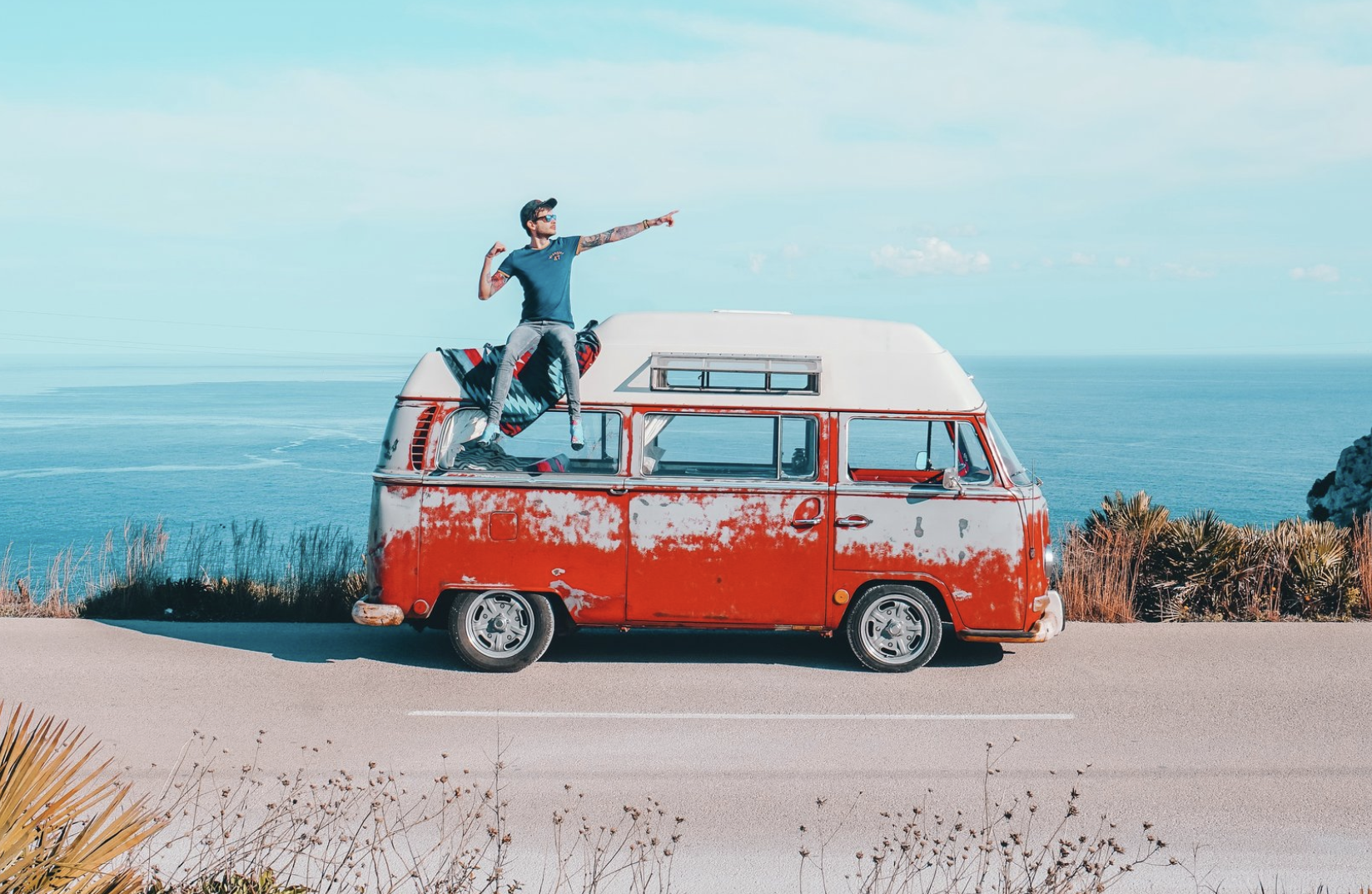
- Saying Yes Is
Now I suggest trying to get recurring work, for example if a client comes to you and requires 5 written articles for their website, produce them, make them happy and then ask if you can produce 2 articles a week for a month. If yes, then you’ve just bagged yourself 8 articles, if they’re not too keen, try lowering your hourly rate a little to tease them in. There’s ways of getting recurring revenue, whatever your job role, you just need to ask for it.
If you’re working for yourself try looking at selling monthly subscription products, get involved with Patreon or sell weekly online courses that people can pay to join. Recurring revenue is the best revenue when travelling, as you don’t have to worry about working coming and going.
If all goes well and you’re taking on too much work to handle, outsource! I had a number of friends that were willing to take on some of my work, and then I just take a 10% cut for passing them on a project!
You’ll have weeks where you’ll want to pull your hair out, and other weeks where you’re eating noodles for breakfast, lunch and dinner. So, knowing that this will happen, take on as much work as you can, if it’s too much, ask a friend, colleague if they’d like some work, be the middle man if you have to. Sometimes it’s best to think like a business rather than a freelancer, and it always feels great to pass on a job to a friend knowing they’ll get a nice sum for their time.

But all of the above cannot work if you have no internet, or no connection with the client, so having access to internet majority of your trip is without doubt one of the most important things if you’re earning money online, on the go.
I personally used Three’s Mobile Data Plan, which allowed me to use my current UK smartphone data plan in a large number of countries, including Europe, Australia, New Zealand and more. I then simply hooked up my smartphone internet to my Laptop, but I found myself having to stop by coffee shops to upload large files on a regular basis.
This was just one of the disadvantages of being a video editor, I remember one day in Melbourne I had to wait 10 hours in a coffee shops in order to send my client a very large video project… This was when I couldn’t afford the monthly data plan.
So remember, the internet is your best friend, and having a decent set up in your van will allow you to have a fluid work flow, the last thing you want is having to drive around trying to find free wi-fi, in order to meet your deadline.
Keeping track of my money?
You will be technically self-employed so keeping track of your funds, whats coming in and whats going out is another skill a digital nomad must learn in order to stay functional. I recommend taking a look at QuickBooks, it’s what I use and it keeps me incredibly organised plus it takes track of everything personal and business related by hooking into your bank with one simply swipe.
QuickBooks not only keeps track of your spending and earning but it can also send invoices, track the miles you have driven so that you can claim it as a business expense if need be. But most of all, and my favourite part, is that you can easily save your business reports as .pdf’s and send them directly to HMRC (your government) in order to do your yearly taxes.
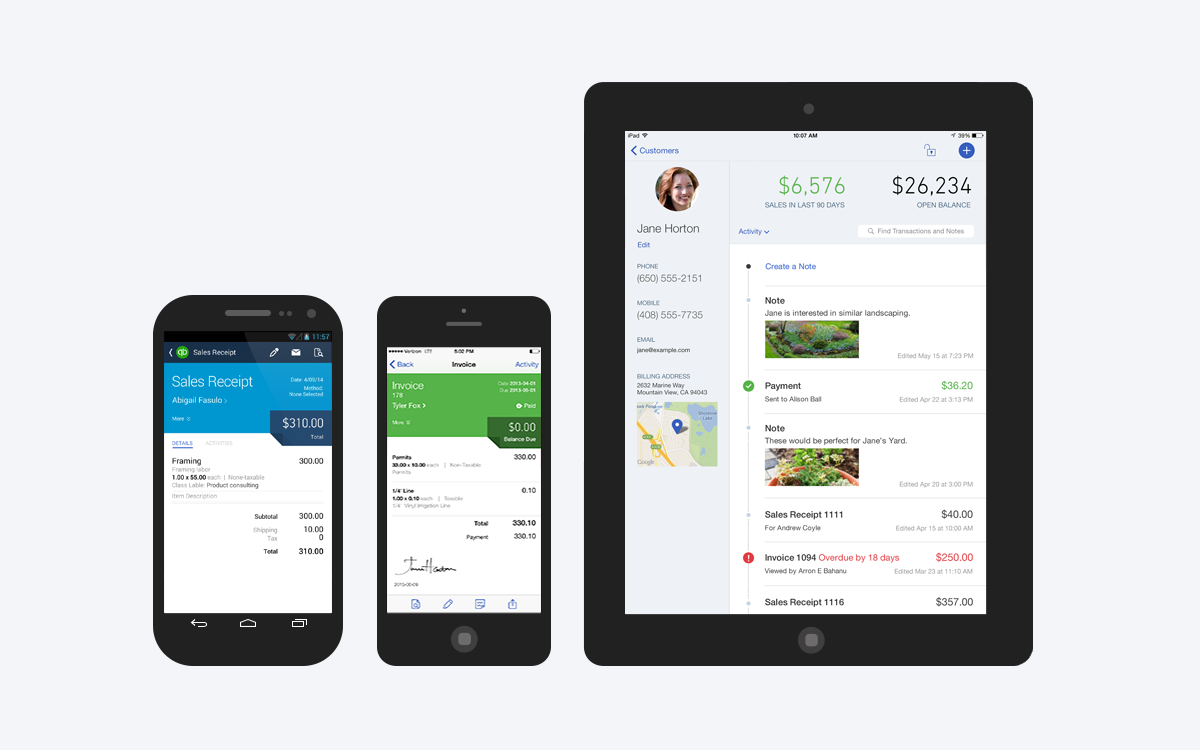
It’s incredibly simple, it only requires a few minutes a day and it’s about $8 a month. Plus they have an app which allows you do all of that directly from your phone, shit, it even lets you take pictures of your receipts and then automatically matches it that outgoing so you know exactly when, where and how you spent that money.
If you have employees working for you they can also have access to this so they can start adding their own receipts when they’re out doing work for you.
I highly recommend looking into this, and no, they haven’t paid me to say that, this is a genuine recommendation, we aren’t sell-outs here!
What is the end goal?
I got asked this question when I was travelling and it really startled me, I had no actual answer for her because honestly, I didn’t know it myself. Which is why I advise asking yourself this before you take on this mighty adventure.
What is your end goal? Is it just a way of extending your travels? Do you want to build something remarkable? Do you want to experience what being a digital nomad is truly like? If anything, I recommend making a two year plan on what you want to come from this. If you are purely freelancing, or working for yourself then this might be a much easier question. “I just want to be able to earn money and travel”.
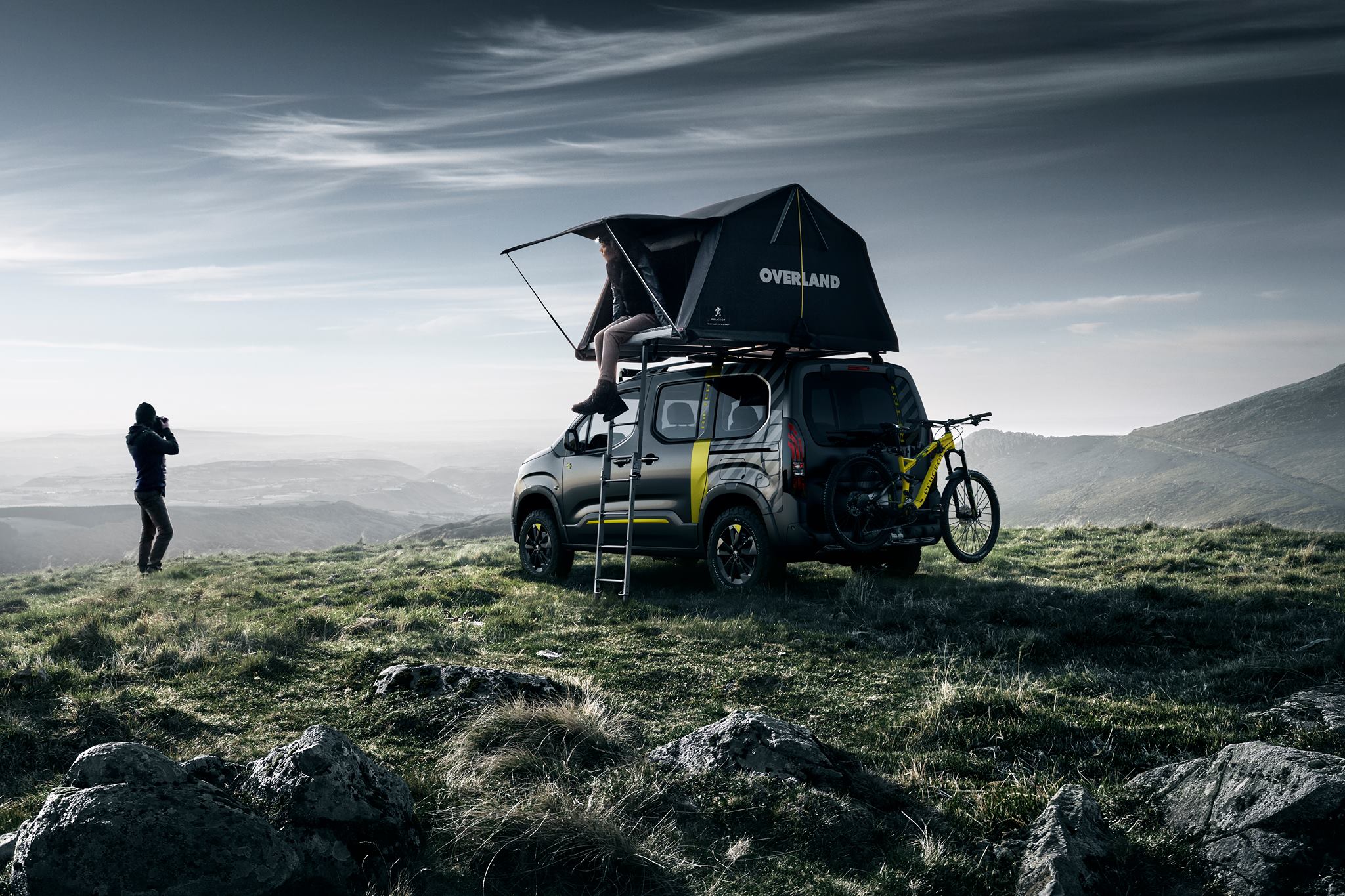
- Credit: Peugeot
But, if you are looking to build something for yourself then ask yourself where you want to be in two, three, or even 5 years time, and how this movement will help push this goal forward. I first went out thinking it’s just a way to travel more, but towards the end, I wanted to make something awesome, one being a van life/nomadic community (Van Clan) and another to pursue a successful YouTube channel unboxing products, which I can confirm I have done, but this required me to stop my nomadic travels and work from a static location.
Your goals may change when you travel and that’s fine, but having a long-term goal before you head out will help you stay on the path that you’ve set out on.
Round-up
At the end of the day, being a digital nomad is not easy, you’re your own boss, you can work when you want but you’re also the only one to blame when things don’t go as planned. It’s not for everyone, I know many friends which would rather work for a year and then travel for two months.
I also know friends who want to do the complete opposite and work while they travel, but this also means that at times you’ll have days, maybe even weeks of just constant work without having a chance to explore.
While I was a digital nomad there was times where I’d be on a beach with a cocktail in one hand, and my laptop in the other, but I also remember the times I was stuck in Woolworths car park in the rain trying to find internet to send an invoice. And one thing I will not forget is the constant thinking about money, everything you do, you think money.
I would think about the petrol being used, the croissant I just ate, where I would need to park in order to use my solar panels; I viewed everything in currency, because i knew I had to.
Take time to plan. The two best things you can do before setting off is saving money, and getting contacts. If you have any questions about being a digital nomad, or want a more in-depth look into how I did it, just tweet me @iambrandonsalt, I’m on Twitter constantly, it is my kryptonite.

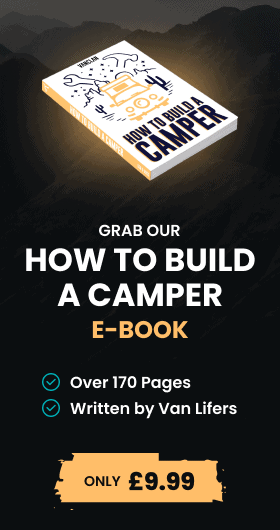

COMMENTS
Please note that all comments will be checked by our team before being approved.